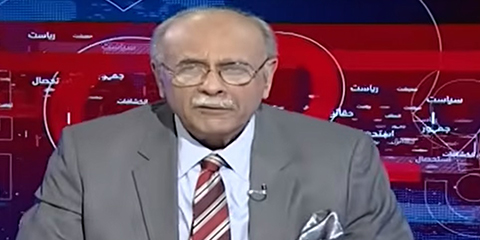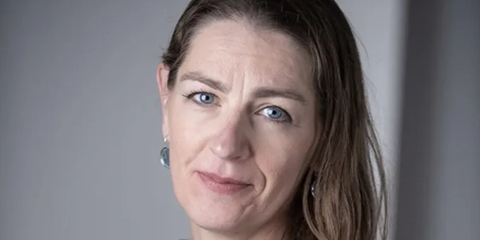Zamir Niazi (1932-2004)
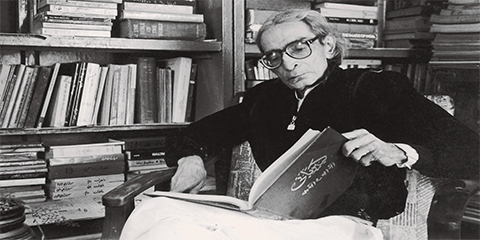
Zamir Niazi was a renowned Pakistani journalist, famous for his commitment to the freedom of the press.
He worked for Dawn, Daily News and Business Recorder and also edited the monthly Recorder and the weekly Current.
In 1995, Niazi returned his Pride of Performance award to the government, in response to its closure of six newspapers. After a long illness, he died in 2004.
When the practice of ‘press advice’ was introduced in 1965 - mostly received on telephone in the newsroom from the government’s information department, Niazi, jotted it down in a register.
After a year of hard work the ‘press advice’ became the subject of his book titled The Press in Chains. The book chronicled the excesses of various regimes, both civilian and military, against the country’s media. According to some journalists the book has been regarded as ‘the bible of press freedom.’
When the book was published (during President Zia ul Haq’s regime) it resonated with those journalists who believed in press freedom. The book has now gone in second edition and is published by Oxford University Press.
The new edition is minus two chapters on Zia ul Haq and Zulfiquar Ali Bhutto. Niazi’s sons Haris and Junaid are now on a journey of enquiry to find out how these two vital chapters were excluded from the new edition.
The second edition has been edited by veteran and well-respected journalist Zubeida Mustafa, who worked with Dawn from 1975 to 2009. There is also an introduction by Zohra Yusuf, another torch-bearer of media freedom, who is also a civil rights activist and a former journalist.
Press in Chains is recommended to callow journalists as a guide book. M. Ziauddin, Executive Editor of The Express Tribune once remarked in an obituary reference on he eminent journalist that he always keeps the book on his table and informs his staff it was to be regarded as a book of instruction.
Other noted books by late Niazi include The Press Under Siege (1992), and Web of Censorship (1994). The nuclear tests of 1998 pushed Niazi into editing Zameen ka Nauha (Elegy for the Earth), an Urdu anthology of anti-nuclear poems and essays, published on the second anniversary of Pakistan’s tests (Scherezade, Karachi, 2000).
An internationally recognized journalist and writer, Niazi felt let down that journalist today read very little: “Most journalists/reporters/writers shun reading books or absorbing themselves in serious study,” he remarked in reply to an e-mail sent by another famous journalist Anjum Niaz.
To this day, Niazi is looked upon by journalists as mentor for services rendered for freedom of expression. – Jonaid Iqbal for JournalismPakistan.com
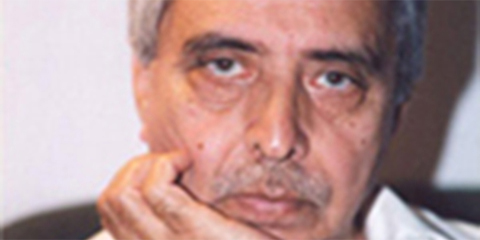
Khalid Hasan (1935-2009)
Khalid Hasan was a senior Pakistani journalist and writer. He was born in Srinagar, Kashmir. He was the brother in law of the first elected president of Azad Jammu & Kashmir K H Khurshid, private secretary
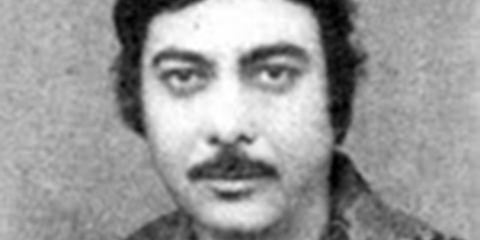
Riaz Batalvi (1937-2003)
Riaz Batalvi, a journalist, became a writer and a dramatist, giving PTV two of its best productions - Aik Haqeeqat, Aik Afsana and Dubai Chalo. Born as Riazul Hasan in February 1937 in Gurdaspur

Minhaj Barna (1925-2011)
The death of Minhaj Barna in Rawalpindi at the age of 87 on January 14, 2011 marked the end of an era.Even journalists who had never met him in person were familiar with his name and his
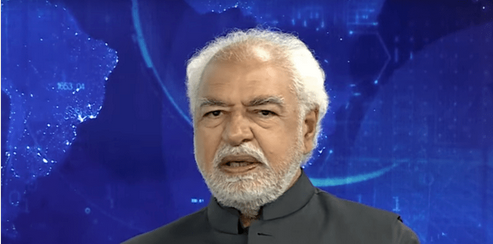
Ayaz Amir
A prominent print and television journalist, columnist, political analyst, and commentator, Ayaz Amir became known for his weekly columns in Daily Dawn. He started writing for Dawn during the government of Ziaul Haq
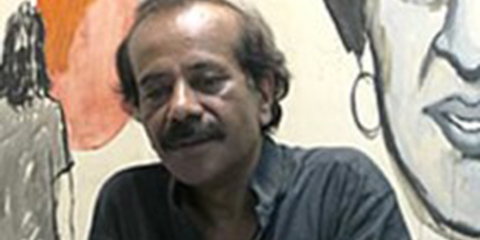
Rafique (Feica)
Born in 1957 in Multan, Feica started his schooling there, but could never take to studies. According to him, he was "only interested in drawing". He credits his father for allowing him to pursue his dream
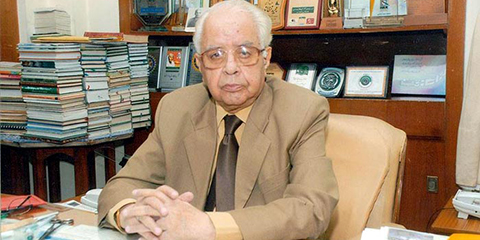
Majid Nizami (1928-2014)
Editor-in-chief and publisher of Nawa-i-Waqt, Majid Nizami was in the field of journalism for almost half a century. He was born in Sangla Hill in Sheikhupura, Punjab, and got his early education
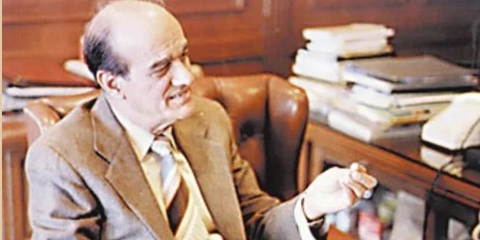
Mir Khalil-ur-Rahman (1927-1992)
Mir Khalil-ur-Rahman was the Founder and Editor of the Jang Group of Newspapers.. A self-made newspaper magnate he ranks among the most successful newspaper entrepreneurs in Asia.

Mazhar Ali Khan (1918-1993)
Mazhar Ali Khan served as the Editor-in-Chief of the newspapers Pakistan Times from 1951 to 1959, Dawn in 1972, and the journal Viewpoint. He graduated from the Punjab University in Lahore in 1939
Newsroom

Pakistan’s ad ban on Dawn sparks media freedom concerns
December 14, 2025 Dawn Media Group says Pakistan has imposed an unannounced ban on government advertising, drawing condemnation from media bodies over press freedom and independent journalism.

Belarus journalist Maryna Zolatava freed after four years
December 14, 2025 Belarusian journalist Maryna Zolatava was released after spending more than four years in detention, along with 123 other political prisoners, highlighting the ongoing struggles for press freedom under Lukashenko.
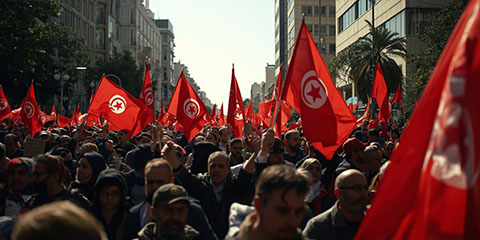
Tunisia protests revive press freedom concerns
December 14, 2025 Protests in Tunisia on December 13 spotlight jailed journalists and politicians, renewing international concerns over legal and administrative pressure on independent media.

PFUJ raises alarm over pressure on Dawn Media Group
December 14, 2025 Pakistan Federal Union of Journalists condemns the advertising ban on Dawn Media Group, warning that it threatens press freedom and calls on the government to restore ads immediately.

Japan anti-espionage law plan raises media freedom fears
December 14, 2025 Japan plans fast-track anti-espionage and secrecy laws, prompting warnings from legal experts and press advocates that broad rules could chill journalism and weaken source protection.





